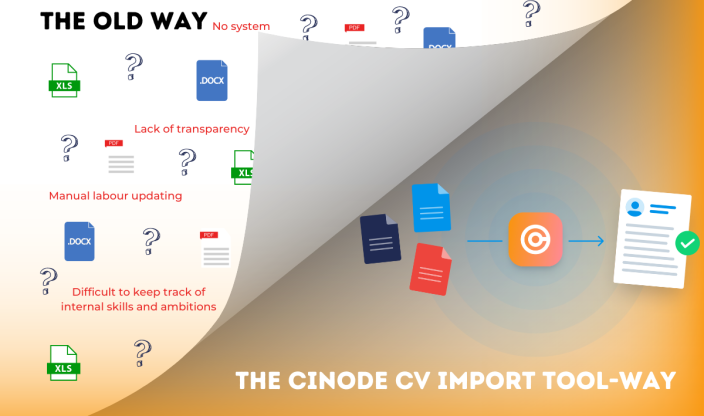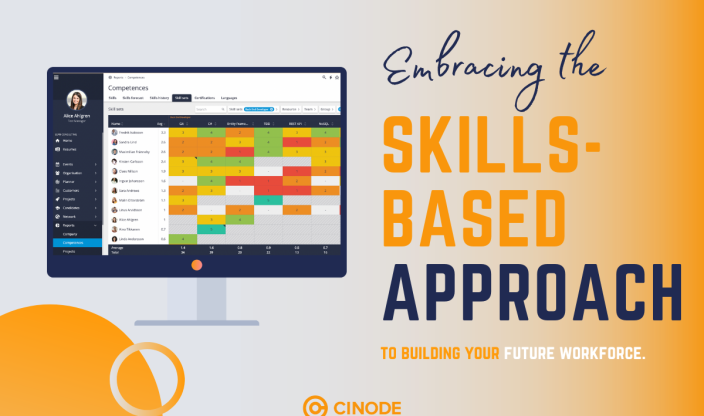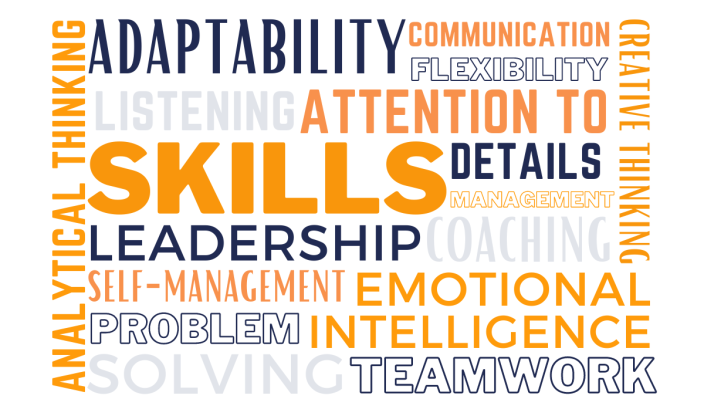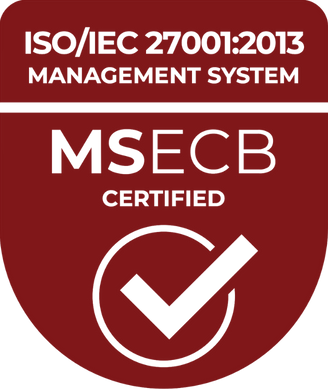What is Skills Management?

Skills Management helps you manage your most valuable asset – your skill supply.
Your skill supply is made up of your workforce skills and collective knowledge. In knowledge-intensive industries, the core business activity involves selling services based on individuals’ sets of skills. It is therefore important to Know, Show and Grow your skills supply.
Skills Management systems gather data about employees and their skills and allow analysis that can be used to assist with project staffing and hiring decisions. The data can also be used as a basis for managerial decisions regarding reskilling, upskilling, etc.
Technological advancements alter the fundamental structure of firms and calls for new organisational approaches. Therefore, in order for Skills Management to realize its full potential, the data needs to be continuously assessed and updated. Employees should make sure to always add their most recent projects and assignments, as well as newly attained or upgraded skills.
Know, Show, Grow
Know
“KNOW” refers to the knowledge that you gain about your employees and their skills by building a skill inventory. Companies need to continuously work with their internal skill supply to maintain market attractiveness towards a wide base of customers. When you know your skills, you also know if the supply is in equilibrium with the market demand, if there are any skill gaps that need to be filled, and which managerial decisions have to be made moving forward.
Show
To succeed in life, you need to be transparent with your ambitions and dreams. Your managers will never be able to read your mind, so in order to advance, you need to talk about the direction you want to go.
“SHOW your skills” encapsulates this transparency that organisations need to promote individual and collective growth. By showing your skills, your managers will have the information needed to make the right decisions. Instead of sharing your dreams and ambitions over dinner, and managers forgetting about it, you can showcase them in your profile. In that way, your most current goals are always on display.
By showcasing your skills and ambitions, you can also increase your chances of being matched with clients that are a great match for your goals, further driving your personal growth.
Grow
“Grow your skills” can be seen from two different perspectives.
On one hand, GROW refers to the growth of your organisation, recruitment, and external competencies that can be brought in to support your existing team. If you know your skills, you can detect competence needs before they arise, giving you time to find the right talents or external competencies for your current and future assignments.
On the other hand, it refers to the retainment of your existing workforce, and how you as a manager can contribute to their individual growth. These two correlate as resignments often are due to a lack of personal growth opportunities. With Skills Management, your consultants can clarify the skills and the areas they need/ want to develop within, which helps you build a system for personalized learning.
This is only a short summary of each topic to give you an understanding of the core. In the coming weeks, we will be delving into each topic to give you a deeper understanding of each part and how you can work with KNOW, SHOW, GROW in your organisation.
77 Steps to Successful Skills Management

Global Communication & Marketing
Global Communication & Marketing
You may also like...
All posts
Jun 28 2023 · Entrepreneurship, Skills Management
Bridging the gap between Swedish companies and Polish IT talent

Apr 28 2023 · Cinode News, Skills Management
Easily create customized CVs with Cinode’s CV import tool

Apr 20 2023 · Consulting, Sales, Skills Management
How do you work more skills-based within your company?

Apr 04 2023 · Cinode News, Skills Management
5 Easter eggs for eggstra effective Skills Management

Mar 23 2023 · Consulting, Sales, Skills Management
“If you sell competence, you always need to be on top of how you develop your skill set”

Feb 22 2023 · Skills Management
How can Skills Management help your company?

Feb 16 2023 · Skills, Skills Management
How to identify and recruit transferable skills

Feb 07 2023 · Skills Management
Flying start 2023 – how to succeed with your skills growth plan

Dec 21 2022 · Skills Management
Latest in Skills Management from the past year

Dec 08 2022 · Cinode News, Skills Management
This is how utilization works in Cinode (Video)

Dec 01 2022 · Cinode News, Skills Management
Add the right person to the right role with the right data (Video)

Nov 29 2022 · Skills, Skills Management
